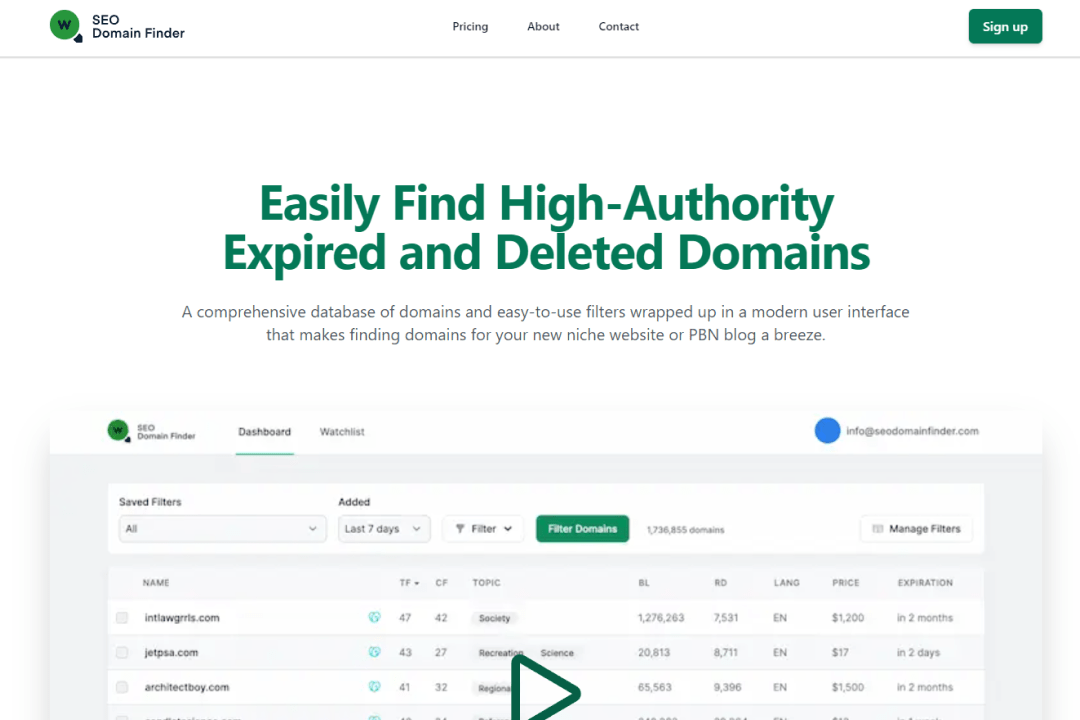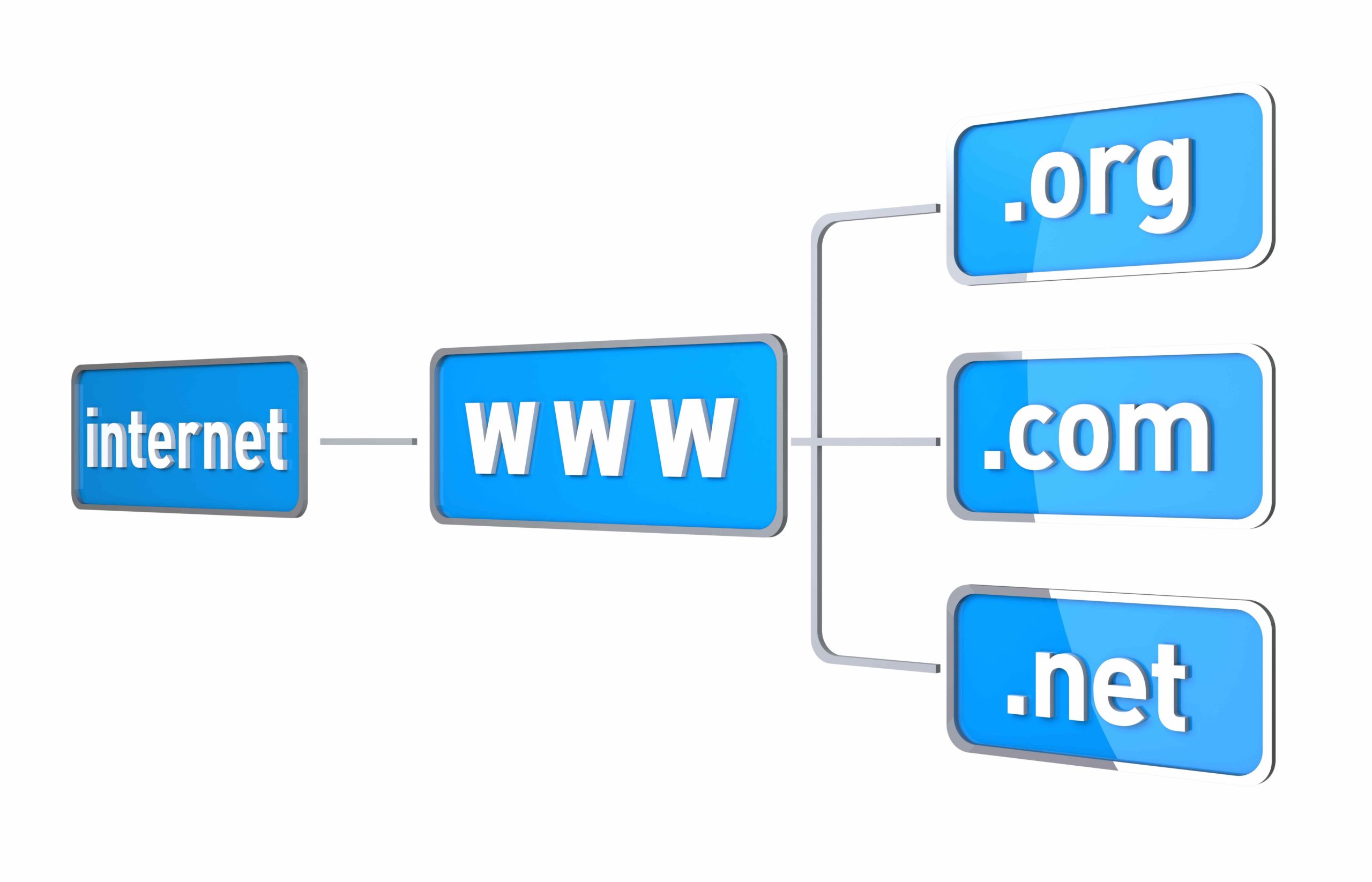
When choosing a domain name, it is important to be mindful of common mistakes that can have negative consequences for your brand. One crucial step is checking for existing trademarks to avoid potential legal issues and costly disputes. Additionally, it is advisable to investigate the domain’s history, as a questionable past could impact your online reputation. Hyphens and numbers should be avoided in domain names as they can cause confusion and lead visitors elsewhere. Opt for simple spellings to ensure easy recall and alignment with your brand identity. When selecting a domain extension, a .com is typically the most reliable and widely recognized choice. By following these guidelines, you can effectively enhance your online presence and avoid potential pitfalls.
Key Takeaways
- It is important to avoid selecting domain names that may infringe on existing trademarks to prevent potential legal issues.
- Checking the domain’s history for past penalties or negative associations is recommended to maintain a positive online reputation.
- Avoiding the use of hyphens and numbers in domain names is advisable as they can be confusing for visitors.
- Opting for simple and straightforward spellings can enhance memorability and user experience.
- Choosing a domain extension that aligns with your brand identity, such as “.com,” can help ensure broader recognition.
Overlooking Trademark Checks
Prior to registering a domain name, it’s crucial to conduct trademark checks using databases such as USPTO, EUIPO, and WIPO. Neglecting this step could result in serious trademark infringement issues, potentially leading to costly legal disputes and financial losses. (Learn about domain name disputes here: https://quirk.biz/what-is-a-domain-name-dispute/)
WIPO plays a significant role in resolving international intellectual property disputes, underscoring the importance of trademark registration on a global scale.
For instance, the case of Tesla.com, which was acquired for $11 million due to existing trademark rights, serves as a cautionary example of the risks associated with overlooking trademark checks. By ensuring that your chosen domain name doesn’t infringe on registered trademarks, you not only safeguard your brand but also adhere to legal requirements.
Trademark checks serve as a vital protective measure against potential legal conflicts that could harm your brand’s reputation and deplete your resources. It’s essential to verify that your domain name is free of any trademark registrations to mitigate these risks effectively.
Ignoring Domain History
After confirming that your domain name doesn’t infringe on existing trademarks, it’s essential to investigate its previous history. Neglecting the domain’s past could result in inheriting potential issues that may harm your brand’s reputation and affect your search engine rankings.
Here are reasons why examining your chosen domain’s history is crucial:
- Avoiding Negative Associations: A domain with a history of questionable content or associations may still carry that negative reputation, influencing how your brand is perceived by potential customers.
- Preventing Penalties: Search engines might’ve penalized the domain due to past malpractices, leading to visibility issues. Starting with a penalized domain could hinder your online presence.
- Legal Concerns: It’s important to ensure there are no unresolved legal issues tied to the domain that could result in unexpected legal disputes or liabilities for your business.
- Alignment with Brand Values: Checking the domain’s past usage ensures that it aligns with your brand’s values. Inconsistencies could confuse your audience and weaken your brand message.
Misusing Hyphens and Numbers
When choosing a domain name, it’s common to consider including hyphens or numbers for a precise match. However, using hyphens can lead to confusion as visitors may overlook them, potentially sending traffic to another site. Numbers can also complicate your domain, making it harder to remember or guess correctly, especially if they don’t align with your brand.
If hyphens or numbers are integral to your brand or event name, it’s advisable to include them. Otherwise, opting for a straightforward, uncomplicated domain is recommended. Keep in mind that each extra character in your domain increases the risk of miscommunication.
To safeguard your brand and prevent potential traffic loss, consider registering both hyphenated and non-hyphenated versions of your domain. This ensures that even if visitors mistype your domain, they’ll still land on your website.
Choosing Complex Spellings
Choosing a domain name with complex spellings, such as “kandles” instead of “candles,” may appear unique but can create confusion for potential visitors. Opting for unconventional spellings risks alienating users and losing online traffic to competitors with more straightforward, correctly spelled domain names. It’s crucial to select a domain name that accurately reflects your brand without relying on unusual spellings.
Here are four compelling reasons to steer clear of intricate spellings when selecting domain names:
- Avoid Confusion: Intricate spellings can lead users to the wrong website, inadvertently driving traffic to your competitors.
- Enhance Brand Recognition: A simple, correctly spelled domain name reinforces your brand’s identity and is easier for customers to remember.
- Improve User Experience: Users are more likely to revisit a website they can easily recall and type without errors.
- Prevent Loss of Traffic: Uncommon spellings can redirect potential visitors to other websites, significantly diminishing your site’s visibility and impact.
Neglecting Domain Extensions
When considering domain extensions for your brand, it’s important to understand their significance in establishing credibility and recognition. The choice of extension should align with your brand identity and enhance your online presence.
The .com extension is widely recognized and trusted, being the preferred choice for 46.5% of websites, indicating a high level of user trust and brand credibility.
While alternatives like .net and .org exist, they may not resonate as strongly with audiences compared to .com. This difference in user perception can impact how your brand is viewed online.
Over half of global online platforms opt for .com, highlighting its dominance and widespread acceptance.
Selecting the appropriate domain extension isn’t just a technical decision but a strategic one that plays a crucial role in establishing a strong online presence. It’s essential to choose wisely to ensure that your domain name effectively communicates and supports your brand identity.
Avoiding a poor choice in domain extensions can help maximize the online impact of your brand.
For more information, read our article How To Choose The Right Domain Name: Expert Tips And Practices.
Conclusion
Your domain name serves as the gateway to your online presence. It is important to perform thorough checks for trademarks and review the domain’s history to avoid potential legal issues. It is advisable to steer clear of using hyphens and numbers in your domain name as they can complicate matters unnecessarily. Opt for simple spellings and carefully consider the domain extension, as it can impact the reach and reputation of your website. By making well-informed decisions now, you can prevent future complications and establish a strong online identity.











































































































